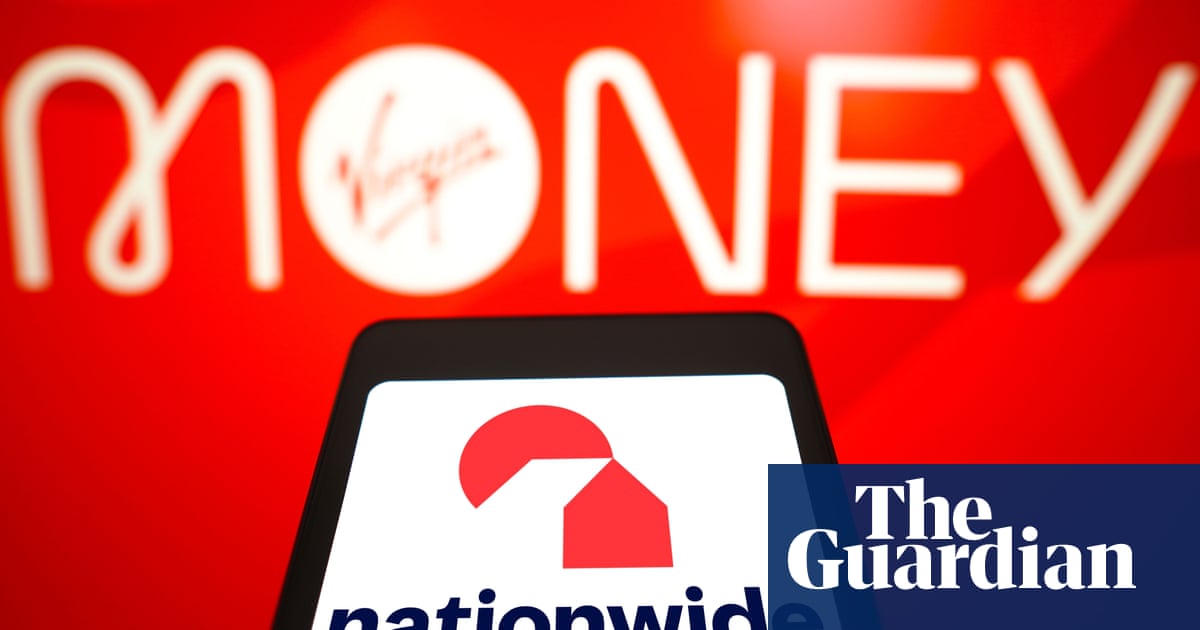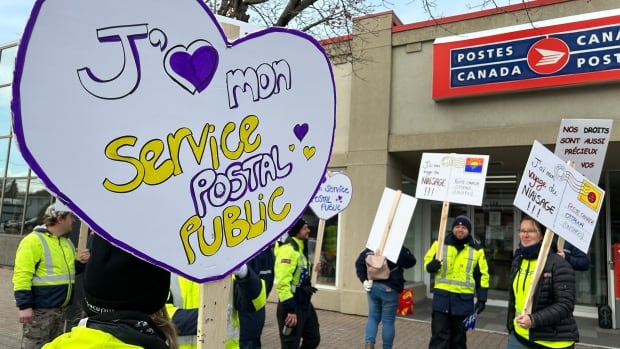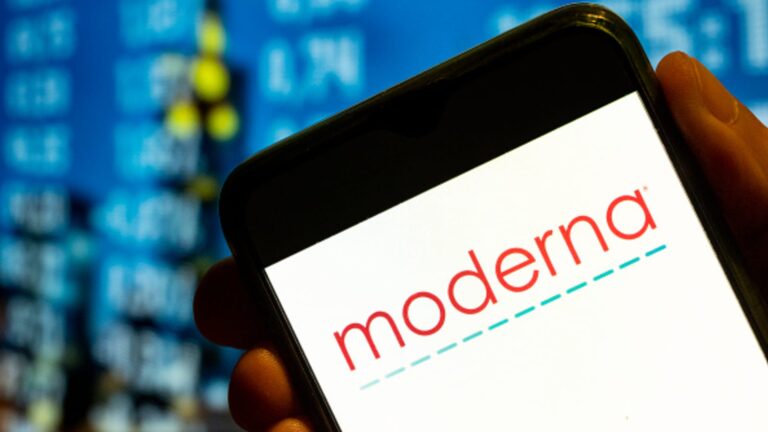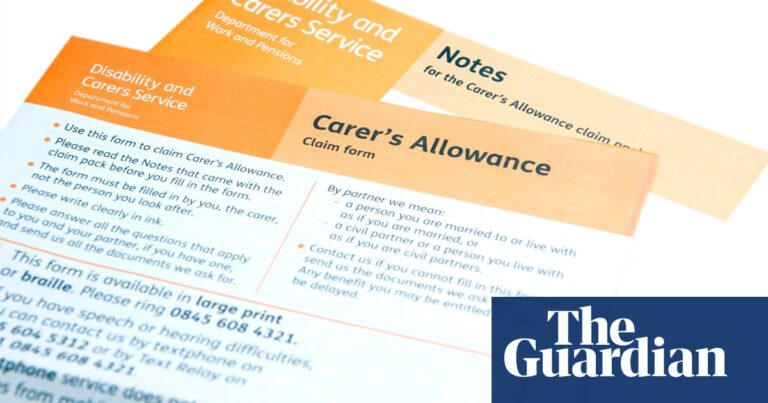
The UK competition regulator has launched an inquiry into the £2.9bn takeover of Virgin Money by the rival lender Nationwide Building Society.
The Competition and Markets Authority (CMA) said it had opened the first stage of its merger process to look at whether the deal – one of the largest transactions in the banking sector since the 2008 financial crisis – would lead to substantial lessening of competition.
The CMA is seeking comments on the tie-up before 14 June and has set a deadline of 26 July for its phase 1 decision on whether to move to a more formal investigation.
The deal has already been approved by shareholders at Virgin Money this month. Almost 90% of those who voted backed the deal, including Virgin Money’s largest investor, Sir Richard Branson. He is poised to receive £724m from the deal in return for use of the Virgin brand as well as his 14.5 % stake in the bank he founded in 1995.
Nationwide members were not asked to vote on the transaction as the mutual said it did not need a member vote for the deal.
Nationwide and Virgin Money declined to comment on the CMA inquiry.
Meanwhile, the rival lender NatWest, which is part state-owned, announced it had bought back £1.2bn of shares owned by the Treasury in an off-market purchase as the bank moves a step closer towards full private ownership.
The deal reduces the government’s stake in NatWest to about 22.5 %, down from 38 % at the end of last year. The government held a 84% stake at the height of the banking crisis when the UK state bailed out the stricken bank.
Initial plans by ministers to launch a mass sale of NatWest shares to the public this summer were scuppered after the prime minister, Rishi Sunak, called the general election for 4 July.
after newsletter promotion
Paul Thwaite, the chief executive of the bank, said: “This transaction represents another important milestone for NatWest Group, building on recent momentum in the reduction of HM Treasury’s stake in the bank.”






